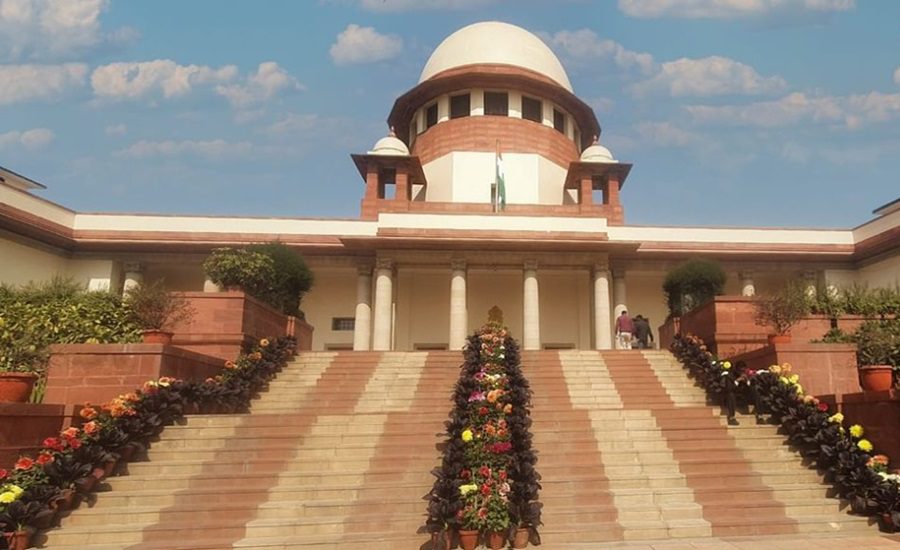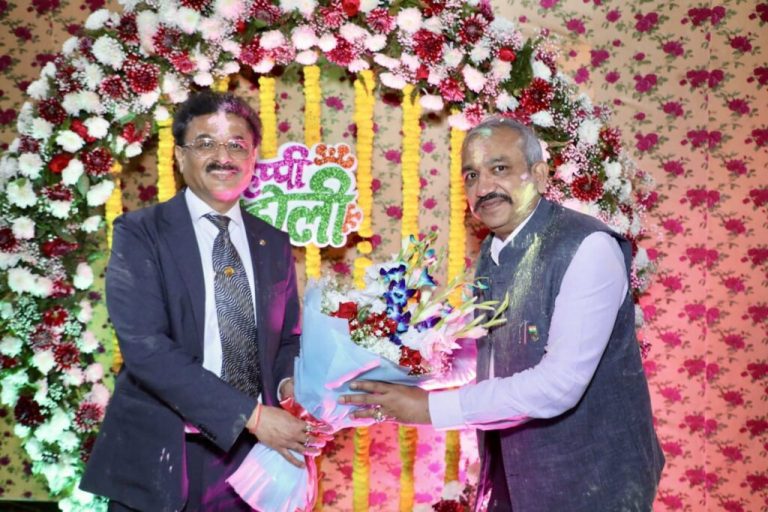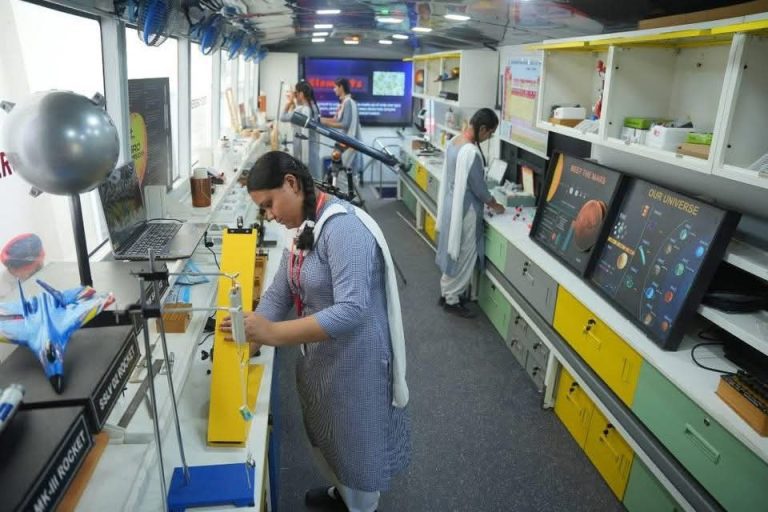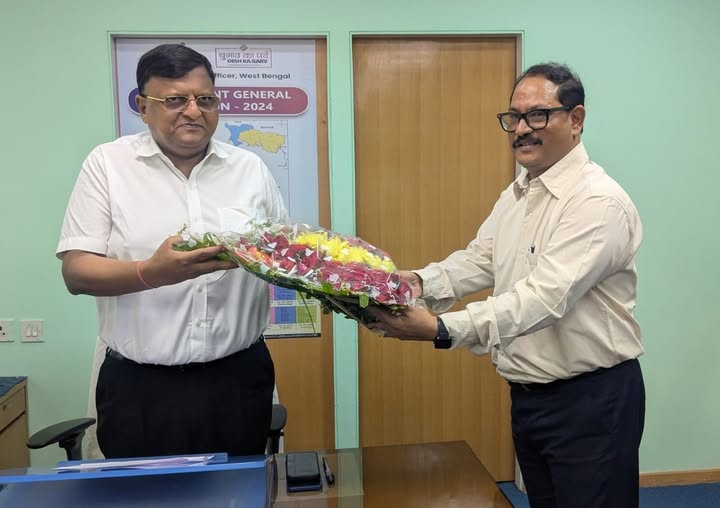New Delhi: In a significant constitutional development, President Droupadi Murmu has invoked Article 143(1) of the Constitution to seek the Supreme Court’s advisory opinion on 14 questions related to the roles of the President and Governors in the legislative process. The move follows an April 8 Supreme Court ruling that laid down timelines for Governors and the President to act on state bills, a decision the President believes may risk overstepping constitutional boundaries.
The questions were submitted as part of a Presidential Reference, a formal process allowing the President to consult the Supreme Court on matters of public importance involving the interpretation of the Constitution.
At the heart of the reference is concern over whether the judiciary can impose deadlines on constitutional authorities like the President and Governors—something that the Supreme Court attempted under Article 142, which grants it wide-ranging powers to ensure “complete justice”.
In her submission, President Murmu emphasized that Articles 200 and 201, which govern the assent process for state legislation, do not prescribe specific timelines or procedures. She warned that judicial attempts to define such parameters could lead to a potential encroachment on executive functions.
The 14 Constitutional Questions
The questions referred to the Court seek to define the scope of discretion, judicial review, and constitutional powers of both the President and Governors. Key among them are:
What are the Governor’s options under Article 200 when a Bill is presented?
Is the Governor bound by the advice of the Council of Ministers?
Can the Governor’s discretion be challenged in court?
Does Article 361 shield Governors from judicial scrutiny?
Can courts set timelines for Governors without explicit constitutional provision?
Is the President’s discretion under Article 201 subject to judicial review?
Can courts prescribe time limits for presidential action?
Must the President consult the SC under Article 143 when withholding assent?
Are actions under Articles 200/201 open to challenge before laws take effect?
Can Article 142 override executive decisions?
Is a state law valid without the Governor’s assent?
Should Constitution Benches be mandatory for such questions under Article 145(3)?
Does Article 142 allow the SC to act beyond existing laws?
Can Centre-State disputes be resolved outside the framework of Article 131?
Implications
These questions strike at the core of India’s separation of powers, seeking to clarify the constitutional limits of the judiciary, legislature, and executive in the law-making process. Legal experts believe the Supreme Court’s response could reshape future interactions between state governments, the Union, and constitutional authorities.
The Supreme Court is now expected to constitute a Constitution Bench, likely comprising at least five judges, to deliberate on the reference and provide its advisory opinion, which, though not binding, carries significant constitutional weight.































